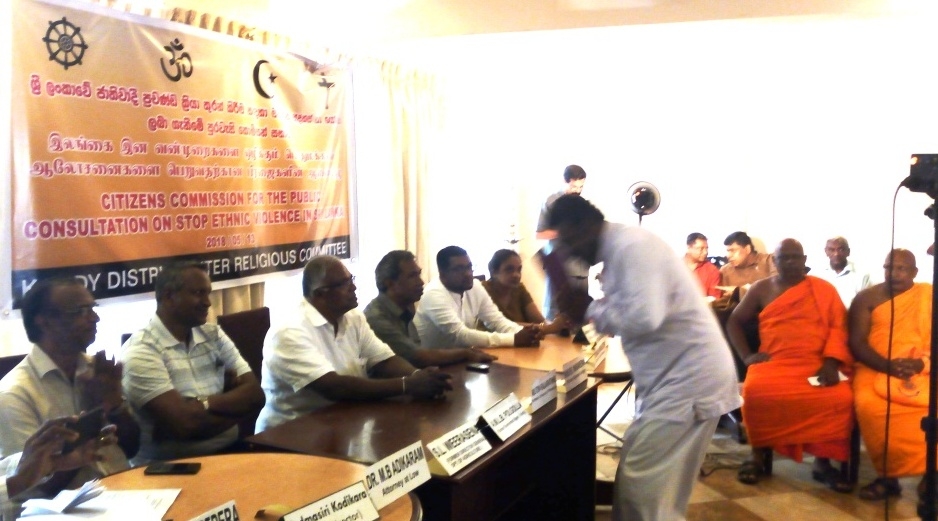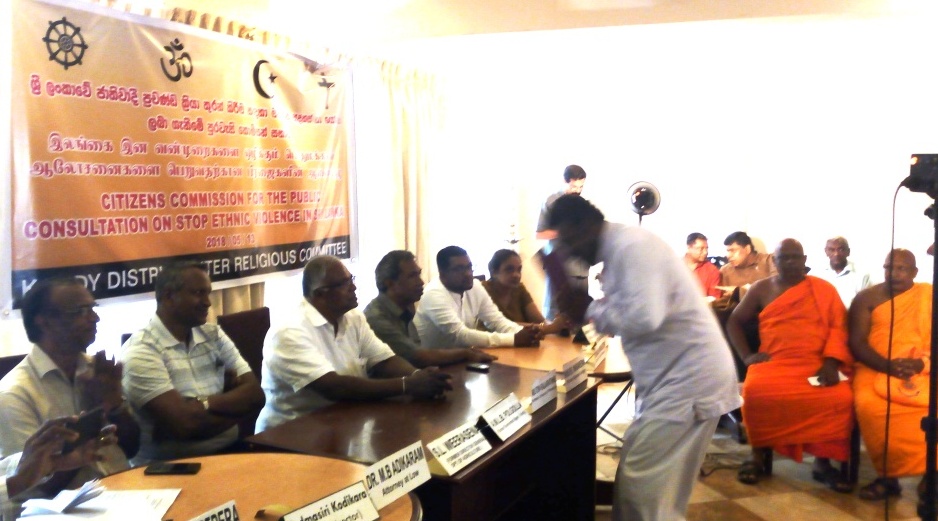The further postponement of provincial council elections will be necessary now that the report of the Delimitation Commission has been rejected in parliament. The majority in parliament rejected the report with all 139 of those present voting against it while 86 MPs including those of the JVP, who supported the report being absent at the time of voting. The fact that no party voted in favour of the Delimitation report is an indication that all parties are wary of elections. Different political parties gave different reasons for their rejections. The ethnic minority parties felt that the proportional representation system which had previously existed offered them a better outcome in terms of the numbers of members they could get elected. The bigger parties objected to the 50:50 proportion between those elected on a first-past-the-post basis at the constituency level and those elected through the party lists as it contributed toward unstable outcomes.
 The National Peace Council of Sri Lanka
The National Peace Council of Sri Lanka
The National Peace Council of Sri Lanka
The National Peace Council of Sri Lanka

